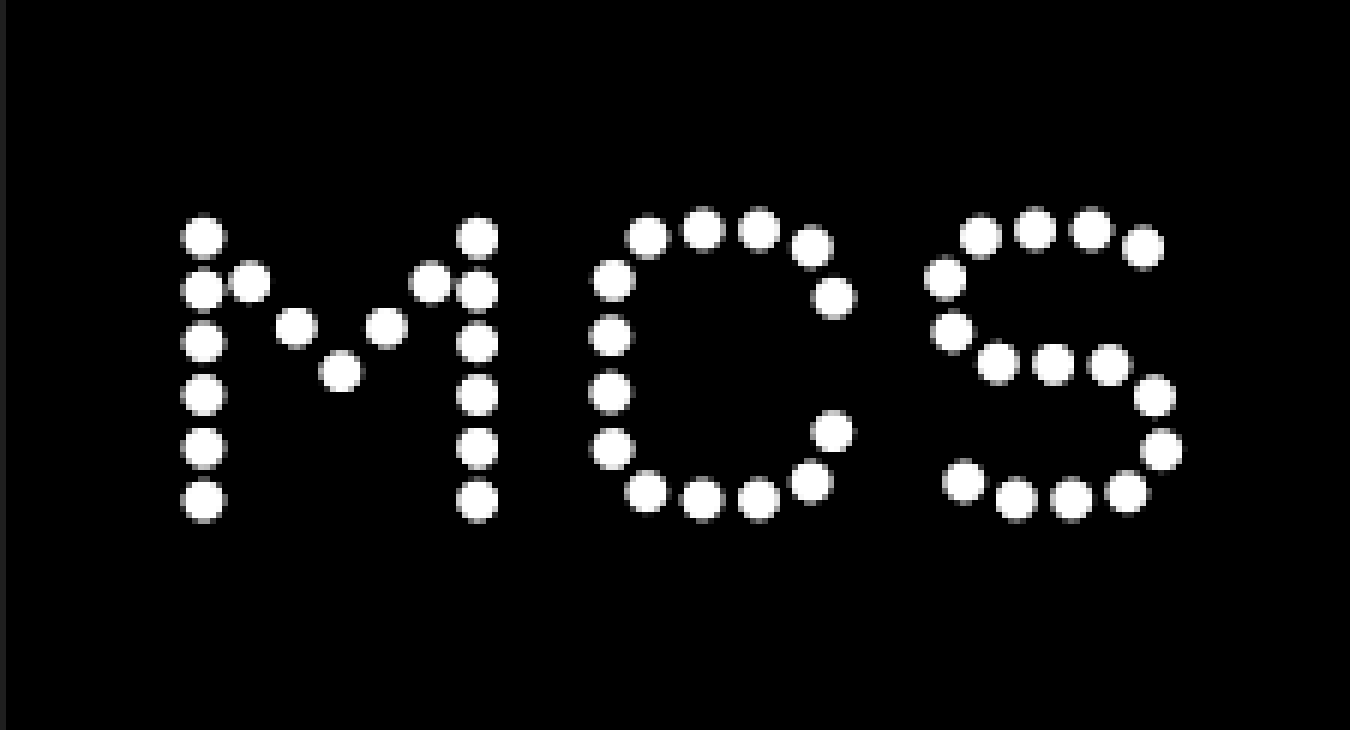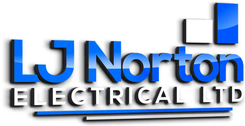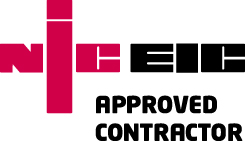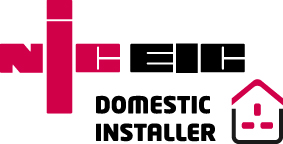
The Rise of Solar Power and Certification Requirements
Solar power has rapidly gained popularity as a clean and sustainable energy source. As more individuals and businesses recognise the advantages of solar energy, the demand for skilled solar installers has surged. The Microgeneration Certification Scheme (MCS) was introduced to ensure the quality and safety of solar installations, providing customers with the confidence that their systems are installed by trained professionals.
Enter the NICEIC Approved Electrician
In the context of electrical work, the NICEIC (National Inspection Council for Electrical Installation Contracting) serves as a prominent certification body that approves electricians' competence and skills. Electricians who obtain NICEIC approval have demonstrated their proficiency in electrical installations, maintenance, and safety procedures.
In recent times, there has been a growing recognition that NICEIC-approved electricians possess a comprehensive skill set that aligns closely with the requirements for solar installations. These professionals are well-versed in electrical regulations, safety protocols, and best practices. As solar technology becomes increasingly integrated with electrical systems, the expertise of NICEIC-approved electricians has become a valuable asset in ensuring efficient and secure solar installations.
Advantages of Relying on NICEIC Approval
Streamlined Expertise: NICEIC-approved electricians are already equipped with the knowledge and skills required for safe and compliant electrical work. This includes understanding wiring regulations, circuit design, and fault diagnosis, all of which are directly relevant to solar installation.
Reduced Redundancy: The overlap between MCS and NICEIC certifications can sometimes lead to duplication of efforts and costs for solar installers. By recognising the competence of NICEIC-approved electricians, unnecessary redundancies can be eliminated.
Enhanced Customer Confidence: Customers seeking solar installations are likely to be more reassured knowing that their chosen installer has undergone rigorous evaluation by a reputable body such as the NICEIC.
The Changing Landscape and Industry Collaboration
The transition away from mandatory MCS certification for solar installers doesn't imply a lack of standards or requirements. Instead, it reflects the industry's evolution towards recognizing the relevance of existing qualifications that align with solar installation needs. The collaboration between the solar and electrical installation sectors promotes a more efficient, cost-effective, and skilled approach to solar technology adoption.
Conclusion
The solar installation landscape is in a state of constant transformation, driven by technological advancements and changing regulations. The emergence of NICEIC-approved electricians as qualified and competent professionals for solar installations represents a positive shift in the industry. By leveraging their existing expertise, these professionals can streamline the solar installation process, reduce redundancies, and enhance customer confidence. As solar energy continues to play a vital role in the global transition to sustainable energy sources, collaboration between different sectors of expertise will play a pivotal role in shaping the future of solar installations.




